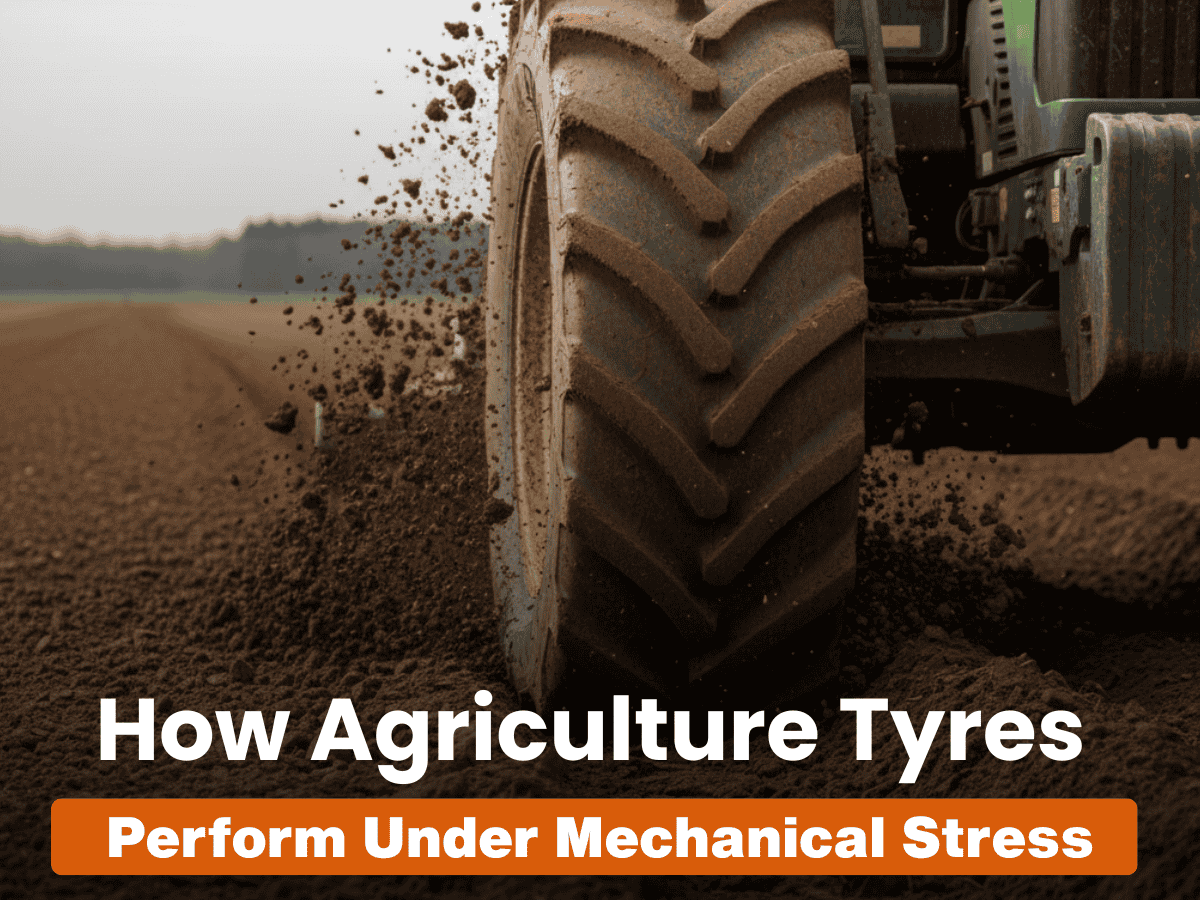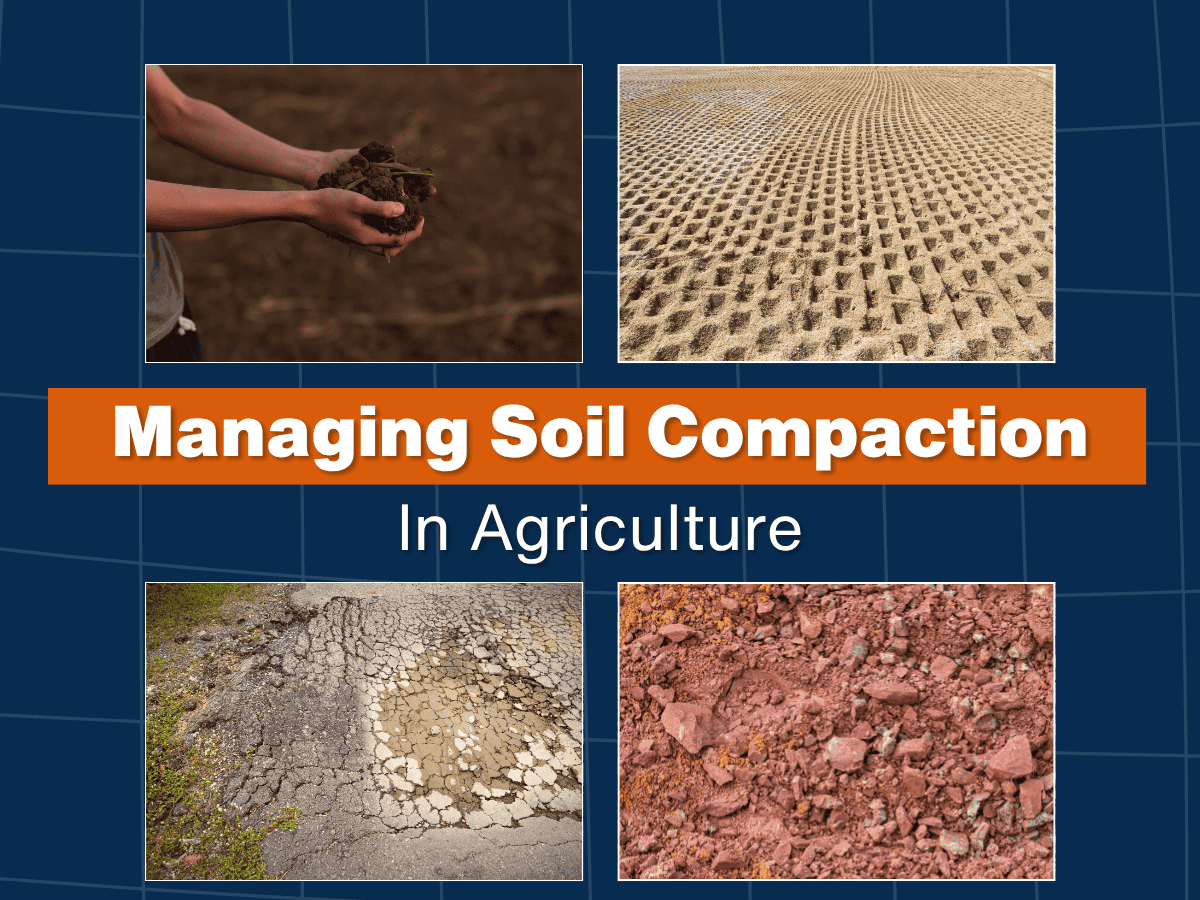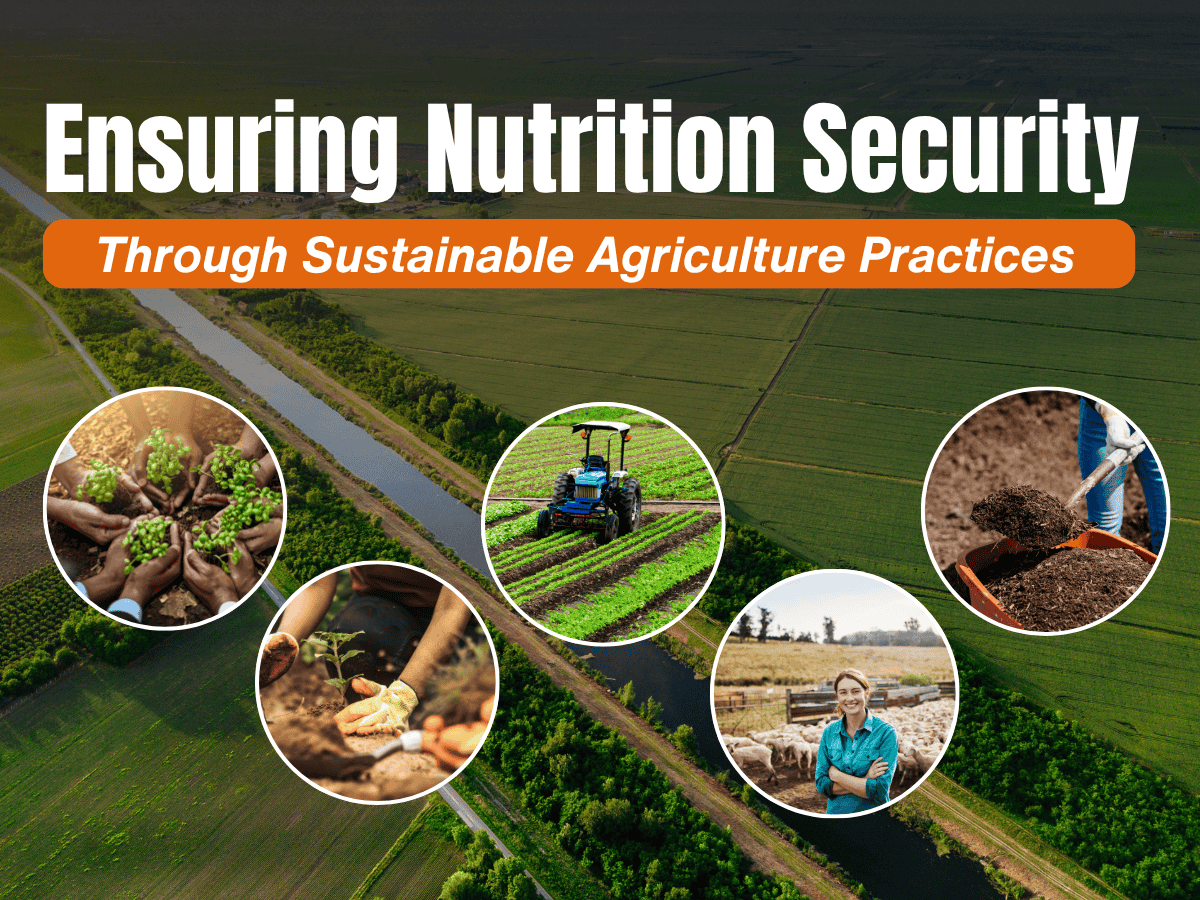ceat-speciality:blogs-tags/all,ceat-speciality:blogs-tags/agriculture
How to reduce your agriculture tyre bill?
Sun, 24 Aug 2025 | PRODUCTS
Agriculture tyres are a vital part of your farming equipment. But they’re also a major expense. While buying cheaper tyres might seem like a good idea at first, they often wear out faster and cost more in the long run. The smarter way to save money is by investing in quality tyres and maintaining them properly.
In this blog, we’ll show you four simple and effective ways to extend the life of your agriculture tyres and reduce your overall tyre bill.
1. Adjust Tyre Pressure Regularly
Match Pressure to Load, Speed, and Terrain
Tyre pressure isn’t one-size-fits-all. It should change depending on whether you’re driving on the road or working in the field, with or without a load, and at different speeds.
- On the road: Increase pressure to avoid overheating and wear.
- In the field: Lower pressure to protect soil and reduce slippage.
Keeping the right tractor pressure helps your tyres last longer and improves fuel efficiency.
Avoid Underinflation on Roads
Underinflated tyres flatten under heavy loads, causing heat buildup and faster wear—especially on the tread and sidewalls. This can reduce tyre life by up to 25%.
Avoid Overinflation in Fields
Too much pressure in the field increases slip and damages soil. It also wears down the tyre lugs faster, especially in wet conditions.
2. Respect Load and Speed Limits
Don’t Overload Your Tyres
Every agricultural tyre has a load limit. Exceeding it causes structural damage and shortens tyre life. If you’re carrying heavy loads, adjust the pressure accordingly—but don’t go beyond the recommended limits.
Drive at Safe Speeds
High-speed driving on rough or paved roads causes heat buildup and rapid tread wear. Always follow the speed rating printed on your tyre, especially when transporting heavy loads.
3. Perform Mechanical Check-Ups
Check for Misalignment
Misaligned tyres wear unevenly. Issues like incorrect parallelism or camber can cause one side of the tyre to wear out faster. Even small errors can lead to big losses over time.
Inspect Key Components
Regularly check your tractor’s:
- Steering ball joints
- Front differential
- Suspension and alignment
These parts affect how your tyres wear and perform.
4. Conduct Visual Inspections
Look for Early Signs of Damage
Small problems can turn into big ones if ignored. Check for:
- Hernias (bulges) on the sidewall
- Deep cuts or cracks
- Bead damage near the rim
Spotting these early can prevent breakdowns and costly replacements.
Inspect the Rim
A rusty or bent rim can damage the tyre bead and cause air leaks. Clean the rim regularly and check for signs of impact or wear.
Conclusion
Reducing your agriculture tyre bill isn’t about buying the cheapest option. It’s about making smart choices and maintaining your tyres well. With regular pressure checks, proper loading, mechanical inspections, and visual monitoring, you can double the lifespan of your tyres and keep your farm running smoothly.
CEAT Specialty tyres are built for durability, performance, and long-term savings. With the right care, they’ll serve you season after season. Want help choosing the right agriculture tyre for your farm? Reach out to CEAT Specialty—we’re here to help you drive smarter, save more, and farm better.
FAQs
What is the best way to extend the life of agriculture tyres?
Regular maintenance—especially adjusting pressure, avoiding overloads, and checking alignment—can significantly extend tyre life.
How often should I check tyre pressure?
Ideally, before every major job or change in terrain. It’s a quick task that saves money in the long run.
Why does speed affect tyre wear?
High speeds cause heat buildup, especially on roads. This weakens the rubber and shortens tyre life.
Are CEAT Specialty tyres suitable for all types of farming?
Yes. CEAT Specialty offers a wide range of tyres for tractors, sprayers, harvesters, and more—each tailored to specific farming needs.

























